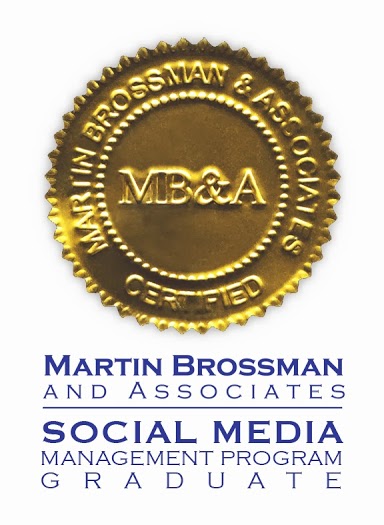Ever pondered the list of blog categories any particular author uses to aggregate his or her posts? Ever tried to categorize your own? Easy, the first time or two. But before you have very many posts at all, you have almost as many categories and you can’t quite remember why you put any one post in any particular category in the first place.
In an attempt to maintain some control and consistency in this website’s categories, I thought about who had been “doing categorization” longer than blogs have been around–librarians. I spend more time in the local public library system than I do in university libraries, so the Dewey Decimal System was a natural choice. I copied off the categories from Wikipedia and started editing the list, removing the topics I am pretty sure I’ll never write about.
The list itself makes for interesting reading:
| 000 Computer science |
| 001 Knowledge |
| 002 The book |
| 003 Sex |
| 004 Data processing & computer science |
| 005 Computer programming, programs & data |
| 010 Bibliographies |
Now, I can see how “sex” and “the book” fall into nearby branches of a taxonomic tree, but I suspect a lot of people would be more likely to link “sex” and “the TV,” if they had to pick a communications medium. Suddenly, a possible source of the idea for the movie Lars and the Real Girl takes shape. (An aside: see the movie if you’ve ever worked as, or near, computer programmers. Also recommended is The IT Crowd, a comedy TV series from the BBC.)
Moving to the next set of shelves, we come to Philosophy. While I might be seen to have a somewhat philosophical approach to some areas of my life, it’s not a topic I spent any time on in school. The topic might well be served by deleting everything but the top level identifier. (Missing numbers indicate the list has already been pruned.)
| 100 Philosophy & psychology |
| 110 Metaphysics |
| 114 Space |
| 115 Time |
| 116 Change |
| 117 Structure |
| 118 Force & Energy |
| 119 Number & quantity |
| 120 Epistemology |
| 126 The self |
| 127 The unconscious & the subconscious |
| 128 Humankind |
| 129 Origin & destiny of individual souls |
| 130 Paranormal phenomena |
| 135 Dreams & mysteries |
| 137 Divinatory graphology |
| 138 Physiognomy |
But darn it, there’s “graphology” (and is “divinatory” graphology different from and shelved elsewhere than forensic graphology?) near the bottom of the list, and “physiognomy,” and that’s where librarians put the “facial analysis” books (I think), and those are both interesting areas of non-scientific reading that feeds intuition. But will I actually write about them, enough to need their own category? Would readers understand the connection if I did write a post about handwriting analysis (met someone who does forensic graphoanalysis in Linkedin Answers the other day) and then categorized it under Philosophy?
Questions like this keep taxonomists up late at night.
Religion is easy. Don’t expect a lot of posts about the topic on this website and should any appear, they can all go into the same bucket.
Social Science, which is a topic I would have said I don’t cross paths with much (my clients tend to be natural scientists), contains law, education, economics, and communications. This is going to take some thought.
Language falls like religion. Not a lot of posts (given that “communications” is a subset of Social Science, not language), and any that do get written can go into one category. (Ditto Literature. Thinking about the difference between Language and Communication and Literature makes me wonder what it was like to sit in the committee meetings when the system was originally devised… Are the minutes of those meetings available, and where would they be shelved?)
Eventually, I’ll edit the list and then print a copy for the wall next to my PC, and if I’m really on top of my game, I’ll enter the categories I decide to keep into WordPress so I don’t have to think about this every time I write a post.
And then I’ll go back through what I’ve written so far and recategorize.



Follow Us!